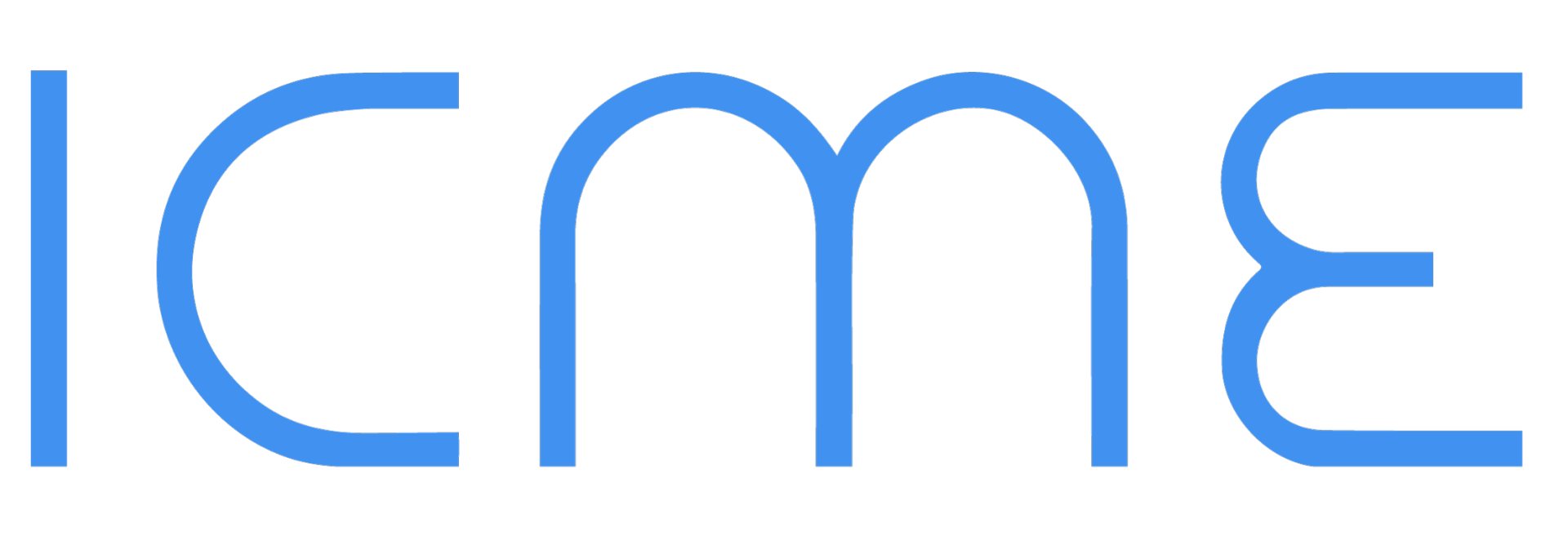Succinctly Verifiable Agentic Guardrails With ZKP Over Automated Reasoning - or how to prevent the Agentic Commerce mega-hack.
Agents often have loosely defined guardrails that depend on ‘observability’ & ‘reputation’ and ultimately a human in-the-loop. ICME's Succinctly Verifiable Automated Reasoning allows for guardrails that deliver powerful protection. Use AI guardrails based on math, not trust.
